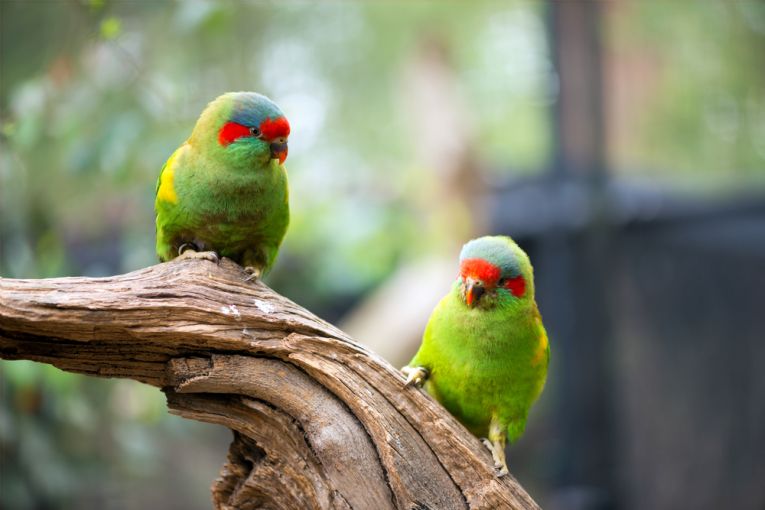The landscape of the riparian biomes of the earth are rich and varied. Next to the littoral zone of a river or stream, the river or stream's influence on the land vegetation and animal community is critical. Some forest and grassland, scrub and swamp all fall into riparian categories. This article concentrated on the whole landscape and its effect on birds in the riparian zone.
Andrew F. Bennett, Dale G. Nimmo and James Q. Radford of Deakin University in Victoria, Australia and Bush Heritage Australia published their woodland bird conservation article in the Journal of Applied Ecology. One of their main conclusions is that riverside sites provide more and different species compared with non-riparian sites.
This enhancement of diversity and numbers is particularly useful in the most depleted landscapes or those that have been modified by human interference. This would seem to be a generalism, but it's not always true. Southern Australia's severe drought over the last ten years has made these studies essential for understanding how communities cope. Common species like the kookaburra, Dacelo novaeguineae are especially important to contribute to the community.
As trees are lost, the cover required for birds decreases along with the number of bird species in non-riparian areas, but also in the riversides. The riparian birds remaining however made a greater contribution to diversity. They were surveyed while breeding (October/November) and in the winter (June/July) and listed as 126 landbirds including 76 woodland dependants. 24 ten square km landscapes were also chosen to represent tree cover gradients from 60% to <2%, with no towns in the vicinity and minimal variation in the composition of plants. The riparian (waterside) vegetation varied from 100m bands on both sides of a perennial river to remnants of narrow strips along seasonal streams. Sheep grazing was frequent as the landowners were often farmers, so the under-story was modified. The original community must have been quite different.
The endangered swift parrot, Lathamus discolor migrates to Victoria, but with only 1000 pairs left, the researchers were lucky to find it on 11 sites. The range of species was vast, from common kookaburra and grey crowned babblers to diamond firetails and speckled warblers. The "woodlander" species included the sacred kingfisher and the superb fairy wren. Obviously, conservation of such a fauna would be very rewarding. The global importance of Australian species and even Australian experience is that perseverance of species in a human-dominated or agricultural landscape is possible.
Width of riparian vegetation is of prime importance here and worldwide. The riverside contributes to every local community, including those within the water, so connecting the land vegetation strips is a good idea too. Soon we could all be richer in communities that really matter in our increasingly-universal landscape that we create around us. Let's fill those gaps, as recommended here and make a difference to wild species. Messrs. Bennett, Nimmo and Radford call it increasing, "the structural complexity." It comes down to having the wild things sing again!










